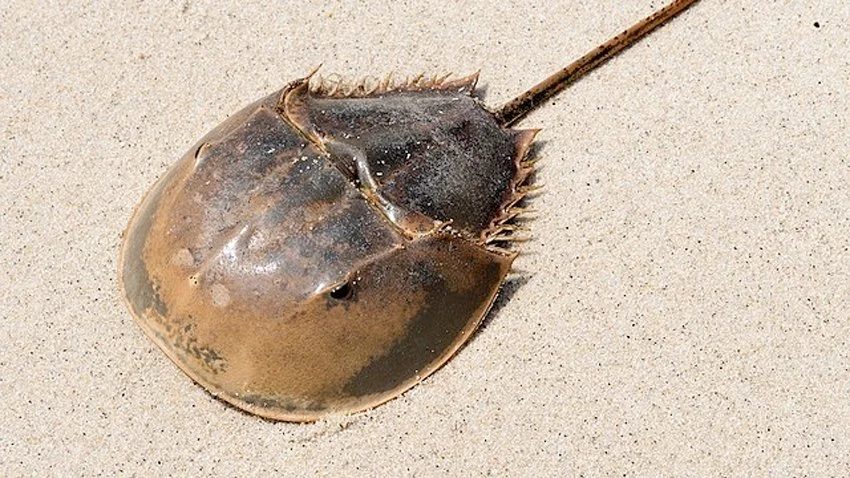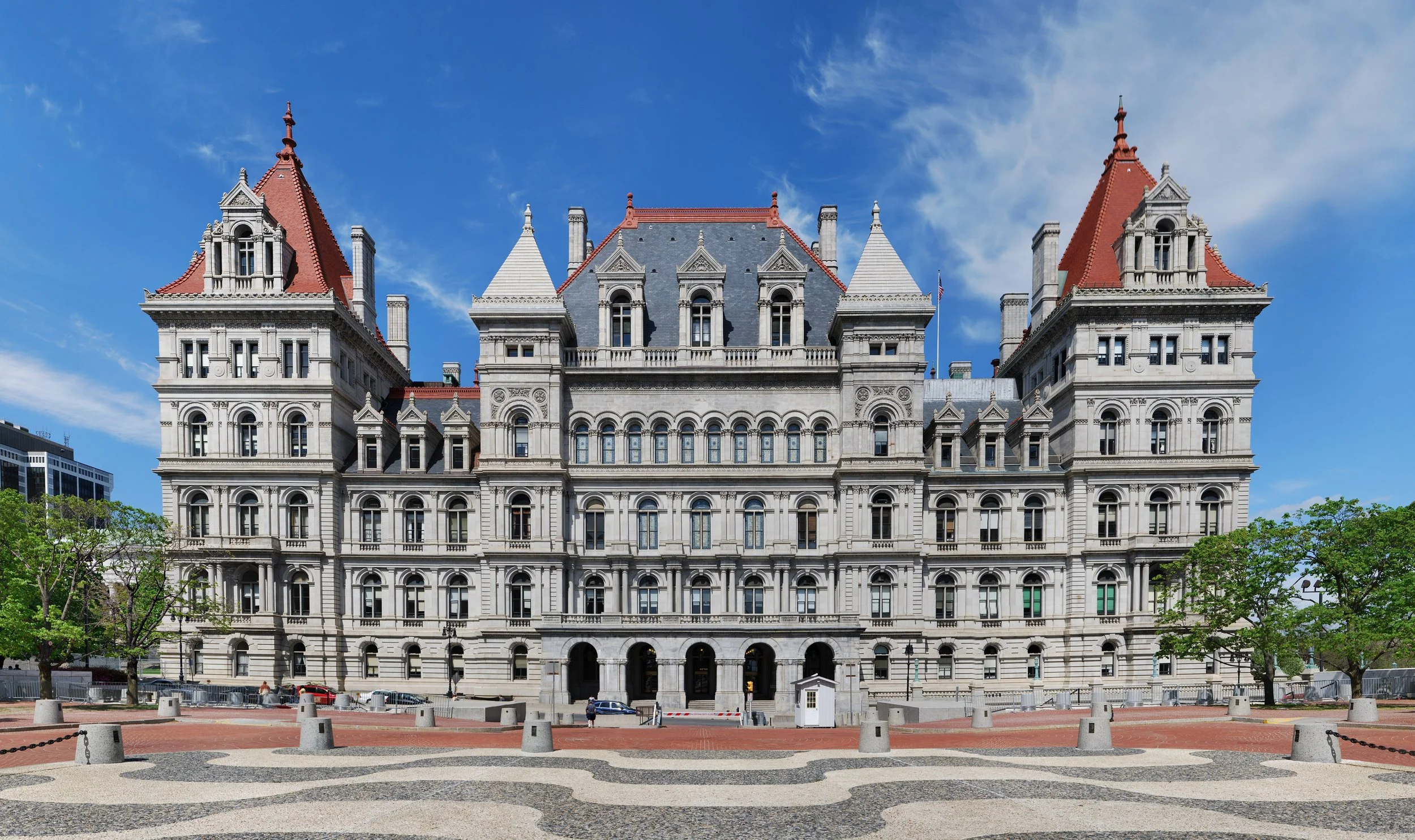SOURCE:
Outlet: Riverhead LOCAL
By Alek Lewis - July 25, 2025
New York State is increasing funding for grants that Suffolk County residents can use to replace outdated septic and cesspool systems with newer, advanced systems that reduce the contaminants wastewater releases into the environment.
The state program targets regions like Long Island, where both drinking water sources and surface water bodies are vulnerable to pollution from nitrogen and “forever chemicals” found in untreated wastewater.
At a press conference in Brentwood on Wednesday, Gov. Kathy Hochul signed into law an amendment to the state septic system replacement fund. The amendment allows the state to reimburse property owners for up to 75% of the cost of installing an advanced septic system, with a cap of $25,000. The bill passed both the Assembly and Senate unanimously in June; Assembly Member Tommy John Schiavoni (D-Sag Harbor) was one of the Assembly bill’s co-sponsors.
Previously, the fund could reimburse up to only 50% of the cost of a septic system, with a maximum of $10,000. This included non-advanced systems as well.
Hochul also announced that the state is contributing $30 million to the latest round of the grant fund, $20 million earmarked specifically for Suffolk County.
“We’re very focused on putting money in people’s pockets,” Hochul said. “And also we talked about clean air, clean water — making sure that we’re protecting this treasured gift we have — Mother Earth, our planet — and against the onsets of climate change, which we’ve seen in real time.”
“When you live on a place as beautiful and magnificent as Long Island, it’s all about the water and the quality — whether it’s the water you see on our beautiful beaches or it’s actually what’s happening underground as well,” she said.
The state grants are administered through the county, which also offers its own grant of up to $20,000. The cost of an advanced septic system in Suffolk County varies depending on the size and scope of the project, the technology used and the company hired to install the system.
More details about the program and its online application can be found on the county’s website.
Many neighborhoods in Riverhead Town are designated by Suffolk County as priority areas for new advanced septic systems, due to their proximity to surface water and groundwater sources. Applications from those areas are more likely to receive financial assistance.
“The septic grant will play a critical role in Suffolk County efforts to protect our water, our bases and estuaries,” Suffolk County Executive Ed Romaine said in a statement. “I appreciate New York State’s efforts to help us achieve this goal.”
Outdated or failing septic systems contribute to water pollution, releasing contaminants like nitrogen that fuel the algal blooms which cause massive fish kills in water bodies like the Peconic River. That untreated wastewater also contains per- and polyfluoroalkyl substances (PFAS) — known as “forever chemicals” — which may appear later in local drinking water systems; PFAS chemicals are linked to adverse health effects like cancer when ingested in significant amounts.
The advanced septic systems help filter those pollutants out of the water that is released back into the environment by on-site septic systems.
“This critical septic bill is the solution to sewage pollution in our bays and harbors,” said Adrienne Esposito, executive director of the Long Island-based Citizens Campaign for the Environment, in a statement.
According to County Legislator Catherine Stark’s office, there have been 2,553 grant-funded advanced septic systems installed in Suffolk County since the program started in 2017. In Riverhead, 65 grants have been awarded to homeowners, but only 47 of those have turned into completed projects.
A 2017 county report found that more than 360,000 homes in Suffolk County were not connected to sewer systems, and that 70% of those homes predate current septic tank requirements and rely on outdated systems.
“This increased funding further bolsters this important program, allowing more homeowners to upgrade from outdated cesspools and septic systems to modern, nitrogen-reducing technology,” Stark said in a statement to RiverheadLOCAL. “I encourage residents to take advantage of these expanded grants, and I will remain committed to working with all levels of government to protect our natural resources for future generations.”







